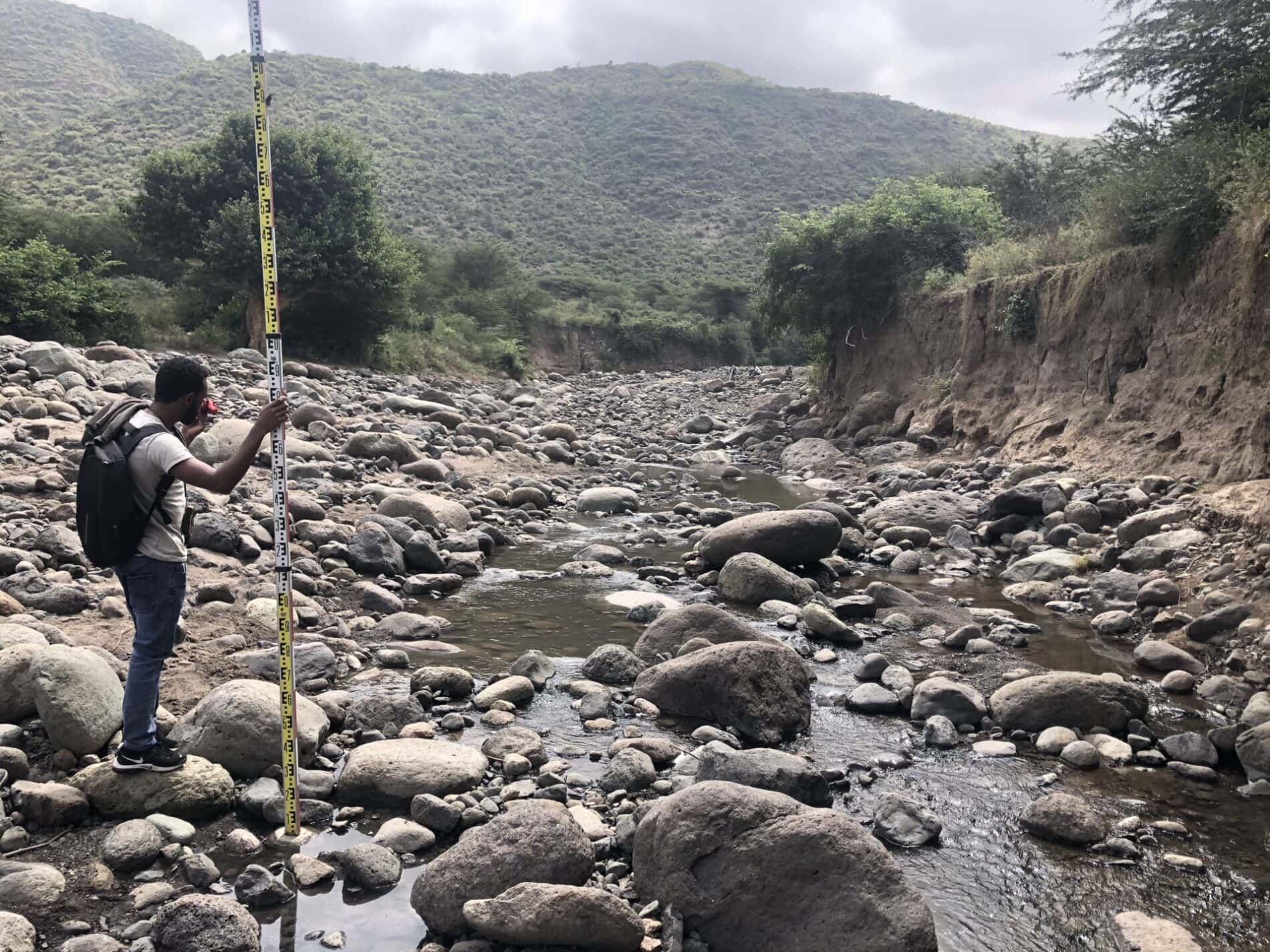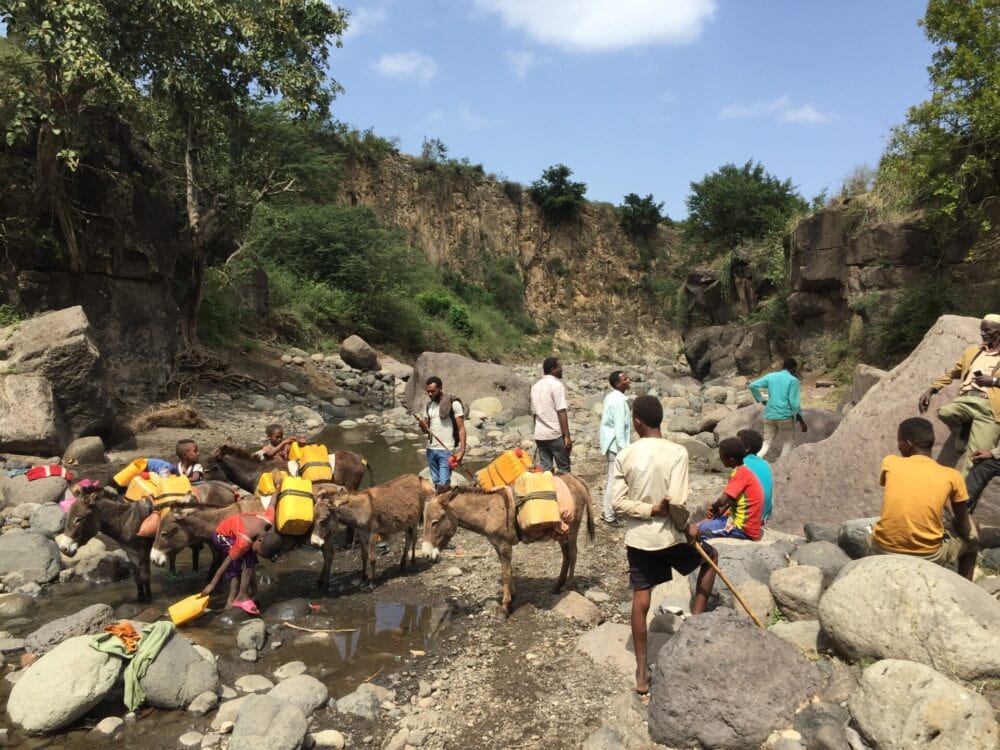AfricaJUICE project – water resources development in the Middle Awash Basin

The project evaluated long-term water availability and requirements for AfricaJUICE farms, and implemented water resources development interventions in the Middle Awash Basin.
AfricaJUICE operates two farms in Ethiopia with a total gross area of 1,779 ha, growing a range of crops such as passion fruit, citrus, papaya and mango. In 2018, AidEnvironment was selected by AfricaJUICE and the Dutch Development Bank (FMO) to evaluate the long-term water availability and demand for AfricaJUICE. The study was performed in a setting where recent social tensions had seriously affected the farm’s production. AidEnvironment found that the development of water resources management interventions in and around the Biskelo and Worenso Catchments could:
- provide additional water to the AfricaJuice farms
- provide water to local communities in a long-term sustainable manner allowing them to become more climate resilient and strengthening their livelihoods
- improve the relationships between the communities surrounding the AfricaJuice farms and AfricaJuice
- positively impact on sustainability goals in environment, water and gender
Based on the study in 2018, AidEnvironment identified potential water resource management interventions that could benefit both AfricaJUICE and the communities around the two farms. This included water buffering infrastructure in the Biskelo and Worenso Rivers, restoration of degraded lands, improved irrigation practices and measures to improve stakeholder relations. In the implementation phase, the project focused on micro-catchment management institution development, design and construction of water harvesting infrastructure and resource mobilisation. This phase is implemented in partnership with the Oromio Bureau of Agriculture and MetaMeta. The project also works closely together with the Green Future Farming project in Ethiopia for farmer livelihood development.
Micro-catchment management institution development. A critical component of the project is establishing an institution that will support the development and management of the watershed in the two tributary rivers. The institution facilitates the management and maintenance of the water resource infrastructure in the watersheds of Worenso and Biskelo Rivers and oversee equitable division of water between the communities and private sector. The institution aims to increase water availability in the dry season, retain water upstream for community access in the upper regions, develop smallholder irrigation upstream from the Tibila Channel and secure water access for private sector stakeholders. The project aims to have equal representation of men and women in the catchment committee.

